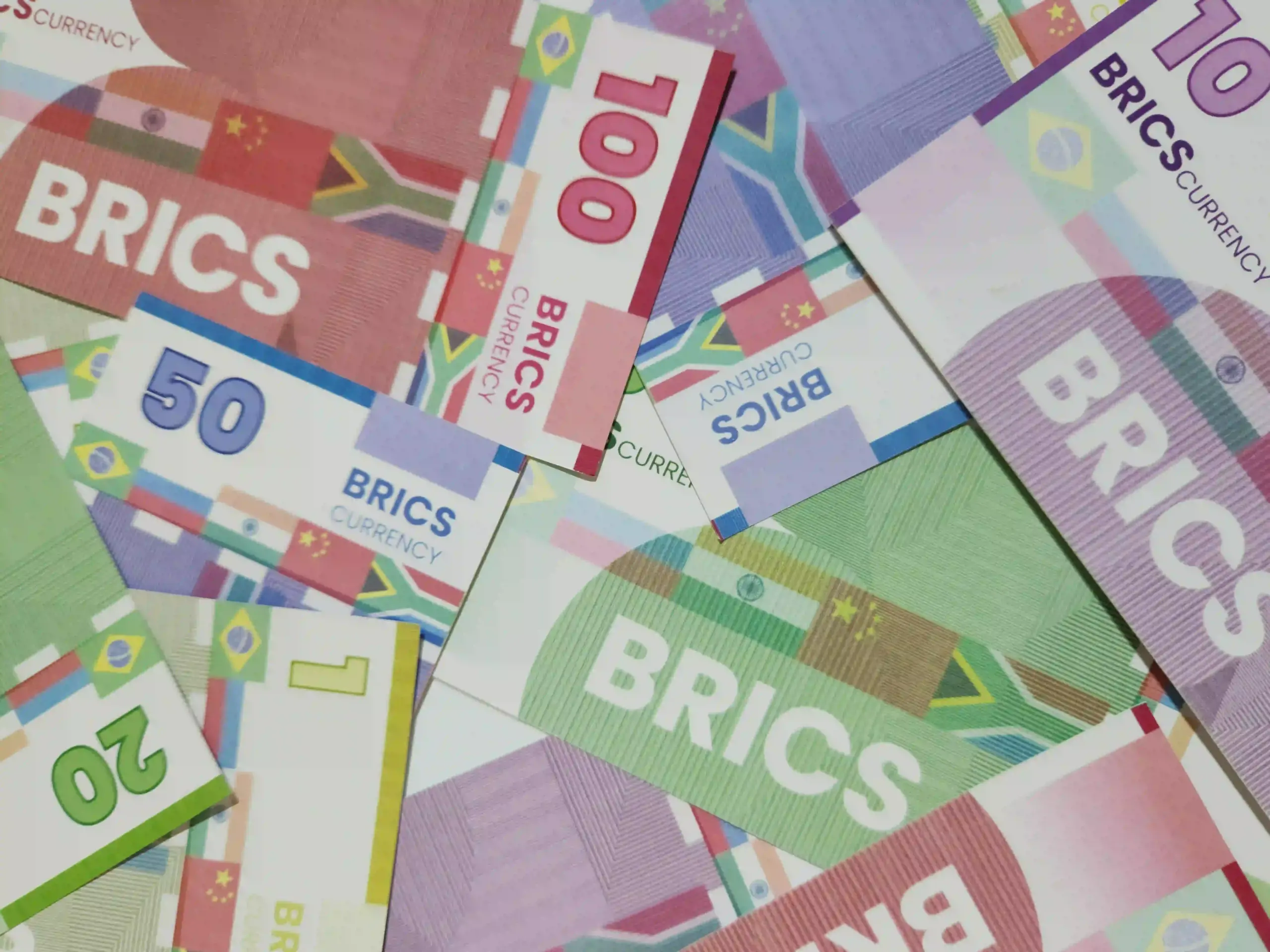For decades, the US dollar has dominated the world’s reserve currency. But there is a new alliance willing to take on such a challenge. The BRICS nations – Brazil, Russia, India, China, and South Africa are exploring the possibility of creating a common currency, a move with significant implications for the global financial system and US foreign affairs.
Why BRICS Currency?
The BRICS bloc, representing a massive population and growing economic influence, desires a financial system less reliant on the US. This new currency would facilitate trade within the bloc, reduce transaction costs, and potentially offer leverage in international negotiations. It is a power play, a statement that the BRICS nations are ready to play a bigger role on the world stage.
The potential impact on the US dollar is a cause for concern. A successful BRICS currency could lead to de-dollarization, meaning a decrease in global demand for US dollars. This could weaken the dollar’s value in several ways:
The US dollar’s strength lies in its status as the world’s primary reserve currency. Countries hold a significant portion of their foreign reserves in dollars, creating a constant demand. A BRICS currency, if widely adopted, could become an alternative reserve option, leading to decreased demand for dollars and potentially weakening its value. From a macroeconomic standpoint this could make it more expensive for the US to import goods and borrow money internationally.
The introduction of a new reserve currency would be a major shakeup for the foreign exchange market. Increased competition could lead to more fluctuations in exchange rates, making international trade riskier and more expensive for businesses. Companies that rely heavily on dollar-denominated transactions might see their profits squeezed by currency fluctuations.
The US government finances its debt by issuing Treasury bonds, highly attractive to investors because they are considered very safe. If investors have a stable BRICS currency option, they might be less interested in US Treasuries. This could drive up interest rates on US debt, making it more expensive for the government to borrow money. Such an event can force governments to cut back on spending or raise taxes to generate revenue, both of which can dampen economic growth.
Many businesses, particularly banks and financial institutions, rely heavily on the dominance of the dollar. A weakening dollar could hurt their profits, especially those involved in international trade transactions which may shift away from it.
Before we start panicking, however, a few things need to be considered. Launching and maintaining a stable, globally accepted BRICS currency is a monumental task. The BRICS nations themselves have diverse economies and political priorities, which could hinder cooperation. Each of those nations boast significant economic growth, but their economies are at vastly different stages of development. China is a powerhouse, while others like South Africa grapple with high poverty rates. This disparity can lead to disagreements on how the currency should be managed and valued. And let’s not forget the US will not sit idly by. They will likely take steps to counter the BRICS currency, perhaps by strengthening alliances or promoting the dollar.
Potential Benefits for the US:
If the BRICS currency fosters a more multipolar financial system, it could lead to a decrease in tensions between the US and the BRICS bloc. Increased economic cooperation might lead to better political relations. In addition, a less dominant role in global finance could free the US to focus on addressing its domestic challenges, such as infrastructure development, income inequality, and social welfare programs. But we all know the US cares more about global dominance so the challenges presented by a BRICS currency could incentivize the US to become more innovative and competitive in the global marketplace. This could lead to advancements in technology, improved efficiency, and a stronger long-term economic position.
The opportunities presented to the BRICS nations:
While de-dollarization presents challenges, a BRICS currency also offers potential benefits for member countries: A common currency would eliminate conversion costs and exchange rate fluctuations for trade between BRICS nations. This could significantly increase trade volumes within the bloc, stimulating their economies.
Reduced Transaction Costs: Businesses within the BRICS bloc would not need to exchange currencies for transactions, simplifying cross-border commerce and reducing administrative burdens. This could make BRICS companies more competitive in the global marketplace.
Increased Financial Integration: A BRICS currency could act as a catalyst for deeper financial integration among member countries. This could lead to the development of a more robust financial system within the bloc, attracting investments and fostering economic growth.
Enhanced Bargaining Power: The BRICS nations could leverage a common currency to gain greater influence in international negotiations, particularly regarding trade deals and global economic policies.
One thing is for sure, the global financial landscape is constantly evolving.
The BRICS currency is a story in development. Whether it becomes a true competitor to the dollar remains to be seen. But one thing is for sure. The global financial landscape is shifting. We are witnessing a potential power struggle, and the outcome will have significant consequences for the US and the world economy. While the long-term effects are uncertain, the potential issues for the dollar are significant. The US will need to navigate this evolving situation carefully to maintain its economic preeminence.
Author: Θανάσης Ντάτσης
Sources:
-
BRICS and de-dollarization, how far can it go? https://responsiblestatecraft.org/dedollarization-china-russia/
-
Exactly how will the U.S. be affected when BRICS completely ditch dollar? https://cryptorank.io/news/feed/33169-how-us-be-affected-when-brics-ditch-dollar
-
Can An Expanded BRICS Challenge U.S. Global Dominance? https://carnegieendowment.org/sada/2024/04/can-an-expanded-brics-challenge-us-global-dominance?lang=en¢er=middle-east
-
How Would a New BRICS Currency Affect the US Dollar? https://www.nasdaq.com/articles/how-would-a-new-brics-currency-affect-the-us-dollar-updated-2024
-
The Difficult Realities of the BRICS’ Dedollarization Efforts—and the Renminbi’s Role https://carnegieendowment.org/research/2023/12/the-difficult-realities-of-the-brics-dedollarization-effortsand-the-renminbis-role?lang=en
-
Can BRICS Really Drop the Dollar? https://mecouncil.org/blog_posts/can-brics-really-drop-the-dollar/
-
What is a BRICS currency and is the U.S. dollar in trouble? https://www.reuters.com/markets/currencies/what-is-brics-currency-could-one-be-adopted-2023-08-23/
-
BRICS expansion and what it means for the US dollar. https://www.ing.com/Newsroom/News/BRICS-expansion-and-what-it-means-for-the-US-dollar.htm


